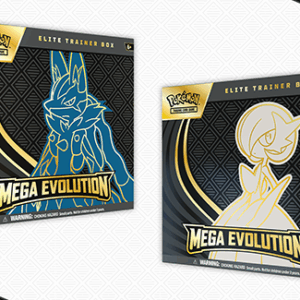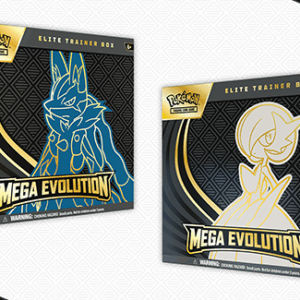The courtroom has spoken as a federal judge ruled the game in favor of Goldin Auctions, its maestro – Ken Goldin, streaming giant – Netflix, and the honchos behind the reality TV show “King of Collectibles”. Dismissing the copyright infringement lawsuit, the judge sent packing the complaints dished out by Gervase Peterson, a former “Survivor” contestant.
Peterson appeared in court with the charge that his innovative concept was unscrupulously poached by Goldin and his allies, eventually sprouting on the screens of millions under the Netflix banner; all this without any recognition for Peterson’s creative juices.
Peterson’s shindig revolved around accusations of uncanny coincidences between his brainchild and the show in question, currently basking in the warmth of its second season. He claimed that after a healthy initial engagement in 2019, where he pitched his concept — “The Goldin Boys” — dialogue ran dry mid-2020. Mere moments in the vast expanse of time, and lo and behold! A show of almost sin-twin resemblance to Peterson’s idea was cooking in the production kitchen.
However, defense attorneys dashed out objections that the reality show echoed commonplace elements related to the ecosystem of Goldin Auctions and snippets from Goldin’s personal life, concepts as generic and as about as copyrightable as air under the Copyright Act.
Backing up this perspective was Judge Christine O’Hearn of New Jersey’s federal district court. She elucidated that the “unique” scenes Peterson insisted went under the hammer of unauthorised schmoozing were, in fact, scènes à faire—an all-important legal doctrine that shields those run-of-the-mill themes or scenes ubiquitous in a genre from copyright protection. Chopping the legs off Peterson’s arguments, Judge O’Hearn amplified that mainstream reality TV elements — your quotidian business operations, your routine drama, even the characteristic peculiarity of a character in “King of Collectibles” — practically live on this non-enforceable side of copyright town.
Slicing through the core of the argument, Judge O’Hearn spotlighted that typical relics in reality shows and real-world subjects are very often not grounds for copyrighting, with references from ruling archives that heralded a similar judgement — the copyrighting of wide-ranging concepts and themes in reality television is about as easy as threading a needle in a hurricane.
As the gavel fell, “King of Collectibles” was not only triumphant in its legal tussle but also emerged more formidable in the limelight of the entertainment industry, toasting to its recent Emmy nomination. The ruling reaffirms the legal landscape treading the blurry lines of copyright infringement in reality television — a genre continually redefining the precincts of creativity.






